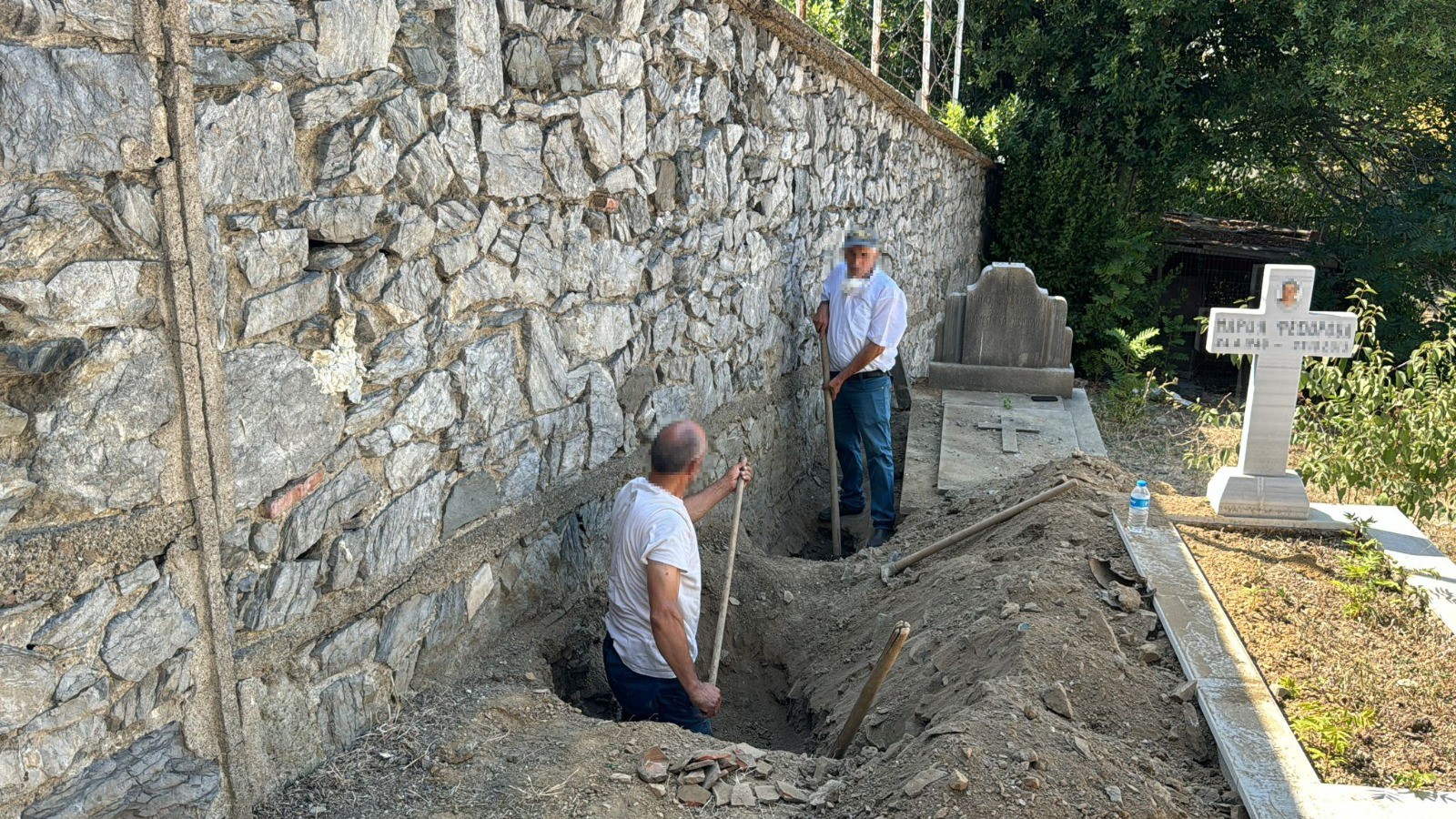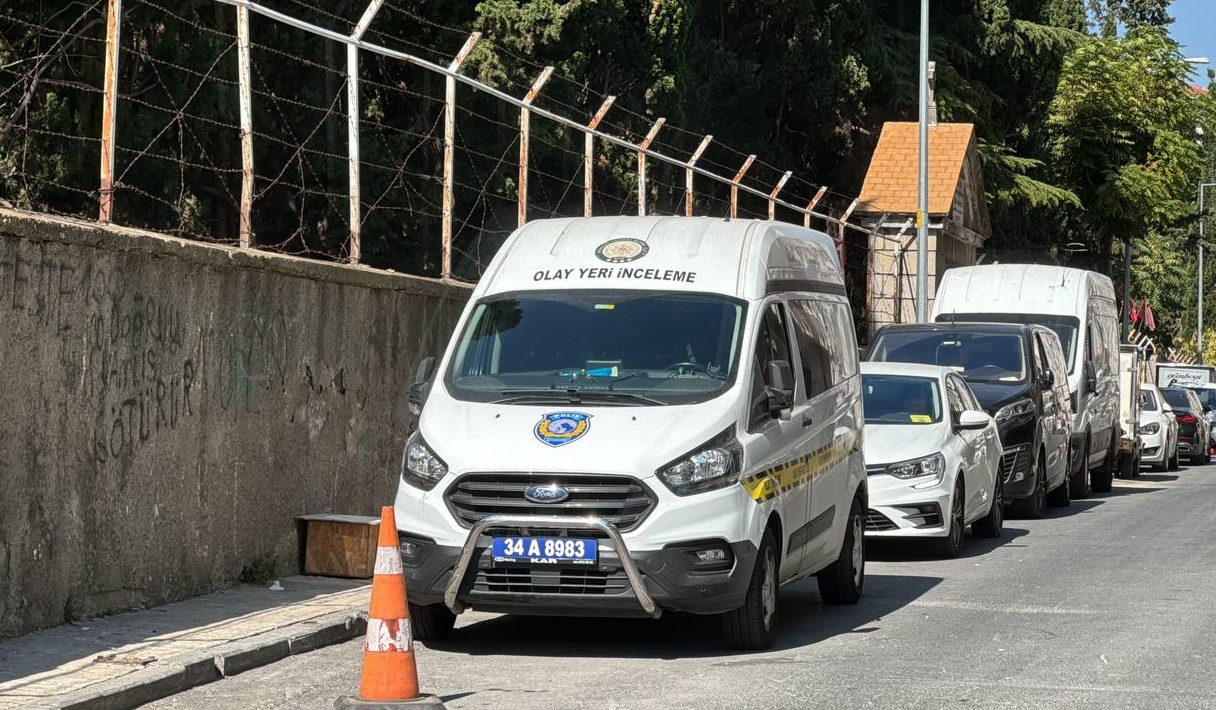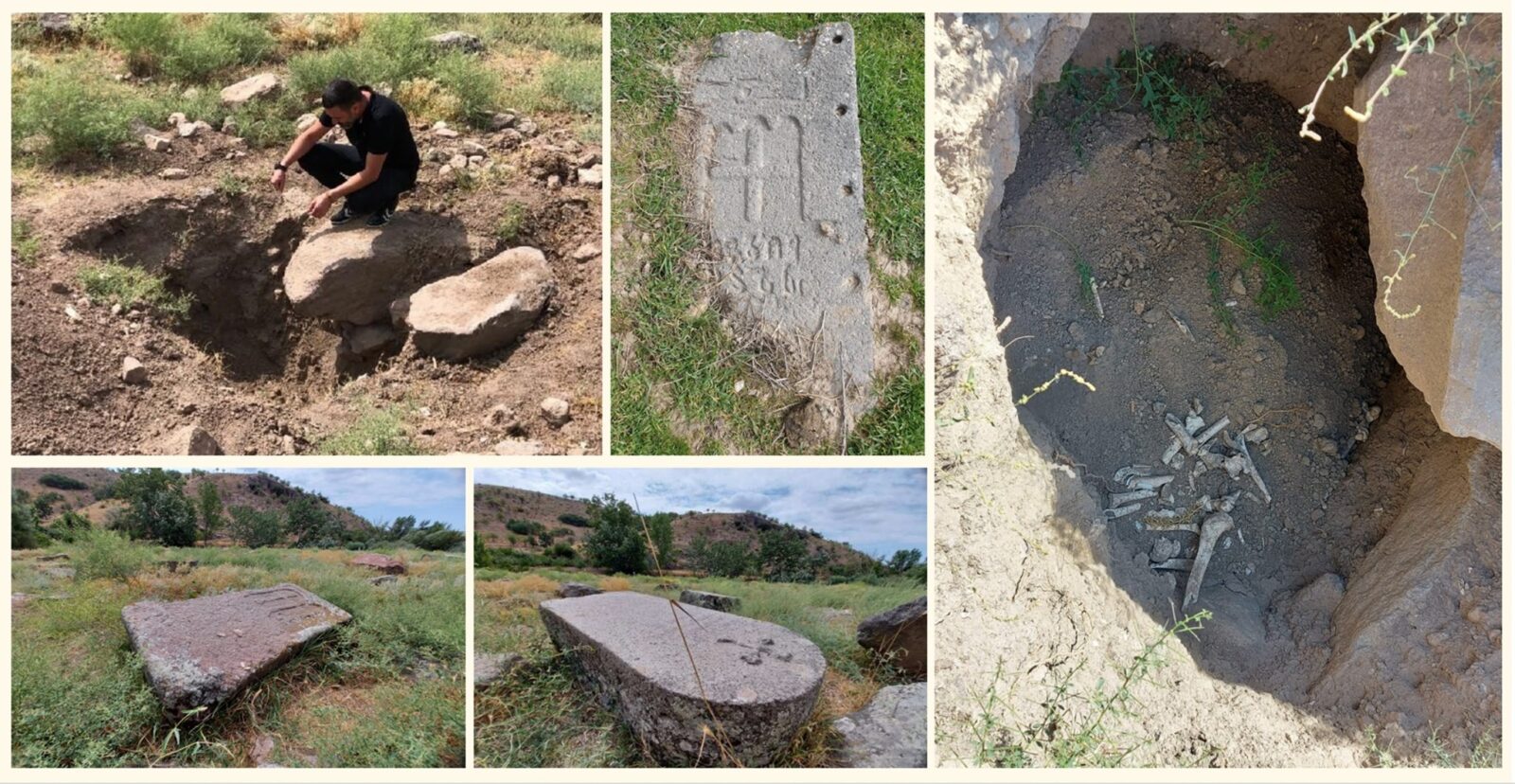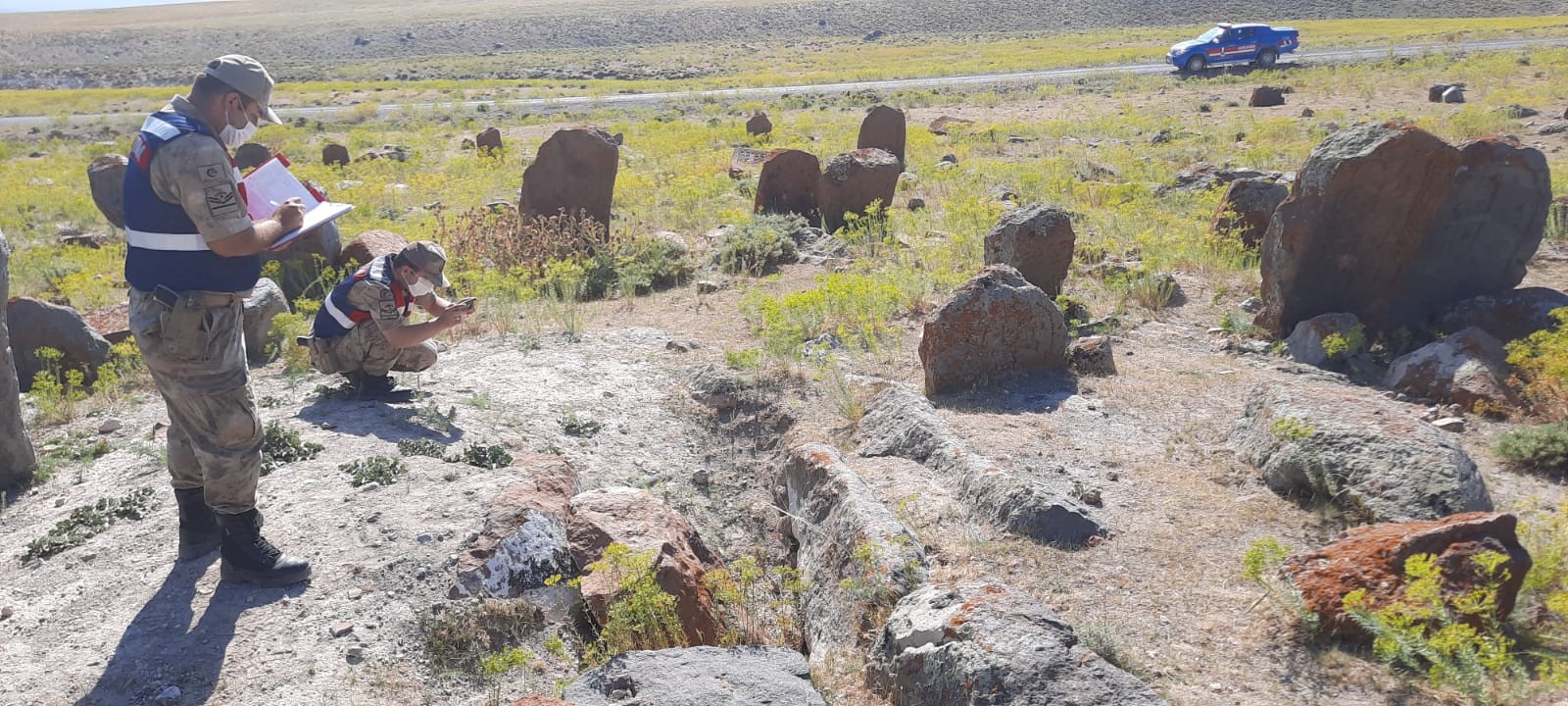
Türkiye's non-Muslim cemeteries, a crucial part of the cities' historical fabric, began to be monitored by municipalities during the Republic period. In 2013, the Istanbul Metropolitan Municipality Cemetery Department's official website reported that 65 out of the city's 333 cemeteries belonged to Christian and Jewish communities. During the Ottoman era, from 1453 onwards, non-Muslim cemeteries in Istanbul were owned by religious communities and their affiliated organizations. These cemeteries were usually acquired through imperial edicts (fermans) or by purchase. However, with the Republic period and the laws enacted in the 1930s, the oversight of these cemeteries shifted to municipal authorities.
Today, there are fewer non-Muslim cemeteries in Istanbul compared to the Ottoman period. Many historical cemeteries have either been completely lost or exist only in traces. The planning and detailed documentation of Christian and Jewish cemeteries in the city remain crucial tasks. A 2012 review revealed that there were 31 Armenian cemeteries in Istanbul. Of these, one-third are still in use, while the remainder have either been repurposed or completely disappeared.
Historical Christian and Jewish cemeteries are primarily concentrated in Ottoman-era residential areas such as Balikli, Edirnekapi, Uskudar, Kadikoy, the Princes' Islands, and the old villages along the Bosphorus’s Black Sea coast. However, the most significant ones are located in Galata, Beyoglu, Haskoy, and Sisli, north of the Golden Horn. During the reign of Sultan Mehmed II, the Genoese were granted permission to remain in Galata and their Byzantine-era rights were recognized. From this period onward, Europeans, Greeks, Armenians, and Jews began to settle in these areas, and with the city's expansion in the 1880s, new residential areas emerged.
Over the centuries, churches, synagogues, and cemeteries were built to serve non-Muslim communities. Preserving this heritage is crucial for understanding Istanbul's historical and cultural diversity. Reviving and protecting this lost heritage is now of paramount importance.

Recently, the Greek Orthodox Cemetery in Sisli, Istanbul, became the site of an illegal excavation. On the morning of Aug 23, Istanbul Police Department’s Public Security Branch received a tip-off about unauthorized digging at the cemetery in the Ferikoy district and acted promptly. Investigations revealed that the grave had been excavated to a depth of 6 meters.
The team discovered 48 pottery fragments, 6 plastic bottles, and 1 glass jar at the excavation site. Suspects were identified as having arrived at the cemetery area with two separate vehicles from Kucukcekmece. Four individuals—V.S., N.S., M.A., and A.A.—were arrested on August 25.
Searches at the addresses of N.S. and V.S. revealed a 48 page document related to treasure hunting, 6 explosive substances, 1 ground scanning device, 1 sketch, and 1 air gun. The suspects believed there were hidden treasures in the cemetery, but no materials were found after the excavation.

In 2021, an Armenian cemetery in Ankara's Sincan district was similarly targeted by treasure hunters. The excavation led to the discovery of human bones, and after examination, the graves were sealed by Ankara Metropolitan Municipality teams.
The historic cemetery, which housed Armenians until the 1960s, was surrounded by Hellenistic period limestone and marble columns. Experts noted that the cemetery is a 2nd-degree archaeological site with significant historical importance.

In 2020, a similar incident occurred in Igdir, where seven individuals were caught performing illegal excavations in an Armenian cemetery.
The suspects were apprehended by the Igdir Provincial Gendarmerie Command with their tools and equipment.

In 2010, the Panaiya (Virgin Mary) Greek Orthodox Cemetery in Gokceada was vandalized by unidentified individuals, causing significant distress and backlash on the island. The damaged marble crosses prompted a police investigation and a complaint to the Prosecutor's Office by the island's Greek Orthodox Metropolitan, Yorgi Dragon Kililos. The local community expressed their concern that the attack was not carried out by locals but potentially by external provocateurs aiming to disrupt the harmonious coexistence between Turks and Greeks.
In response to these incidents, legal proceedings had been initiated against the suspects for "damaging places of worship and cemeteries." Authorities have pledged to continue their efforts to prevent illegal excavations and protect Türkiye's multicultural heritage.
Türkiye's historic non-Muslim cemeteries are an indispensable part of the city's cultural and historical wealth. However, protecting this heritage is becoming increasingly challenging as illicit excavations and vandalism threatens these significant sites. Authorities must implement effective measures to safeguard these valuable sites and undertake comprehensive efforts to document lost cemeteries. Preserving Türkiye's multicultural past is crucial not only for maintaining historical integrity but also for sustaining the cultural fabric of the community. These efforts will contribute to ensuring that Istanbul's historical identity is preserved for future generations.